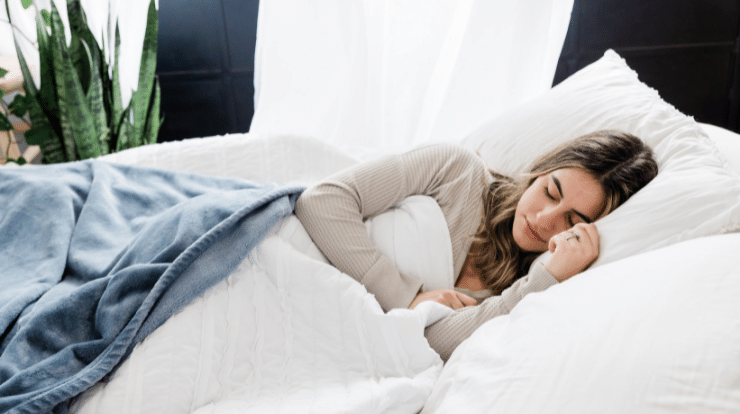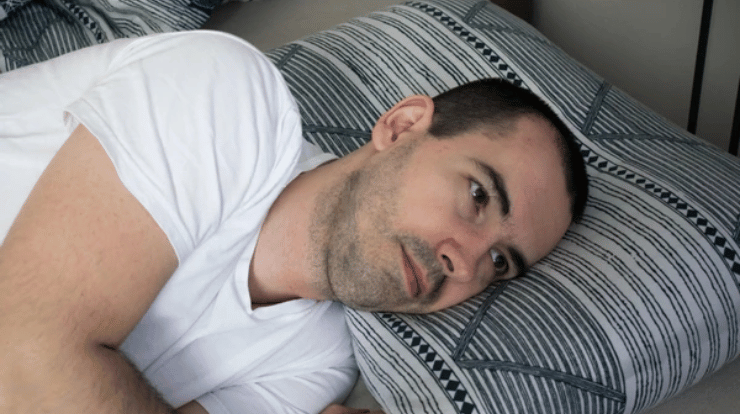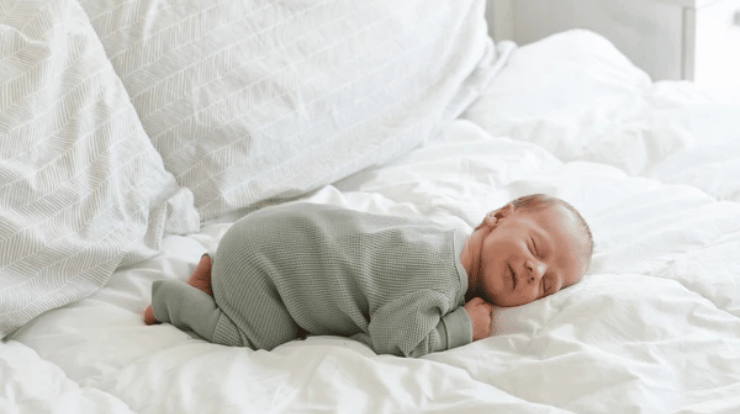
Sleeping is vital for our overall health and well-being. It helps to restore our energy levels, repair damage to our bodies and provides us with a chance to rest and relax. Unfortunately, many of us don’t get enough sleep. We may have trouble falling asleep, or we may wake up frequently during the night. This can lead to feelings of fatigue and irritability during the day.
How much sleep do I need?
There is no definitive answer to how much sleep people need. Depending on a person’s age, health, lifestyle, and work schedule, they may need anywhere from 7 to 9 hours of sleep each night. However, it is generally recommended that adults get at least 7 hours of sleep per night. If you find that you are regularly not getting enough sleep, it is important to talk to your doctor to see if there may be an underlying cause.
There are also a few things you can do to try and improve your sleep habits, such as:
- Avoid caffeine and alcohol before bed.
- Establish a regular sleep schedule.
- Create a relaxing bedtime routine.
Getting enough quality sleep is crucial for overall health and well-being, so make sure to prioritize it in your life!
How much sleep do I need by age?
Recommended Sleep Times by Age Group:
NO. | Category | Age Range | Recommended Hours of Sleep |
1 | Newborn | 0-3 months old | 14-17 hours |
2 | Infant | 4-11 months old | 12-15 hours |
3 | Toddler | 1-2 years old | 11-14 hours |
4 | Preschool | 3-5 years old | 10-13 hours |
5 | School-age | 6-13 years old | 9-11 hours |
6 | Teen | 14-17 years old | 8-10 hours |
7 | Young Adult | 18-25 years old | 7-9 hours |
8 | Adult | 26-64 years old | 7-9 hours |
9 | Older Adult | 65 or more years old | 7-8 hours |
How much sleep does a teenager need?
Most teenagers need around 8 to 10 hours of sleep every night. However, some teens may need as little as 7 hours or as much as 11 hours of sleep to feel well rested. Some teens may have a hard time falling asleep at night, which can affect how well they feel rested during the day. There are a few things that teens can do to help themselves get a good night’s sleep:
Try to go to bed and wake up at the same time each day, even on weekends. This will help keep your body’s internal clock on track.
- It’s best to avoid caffeine, especially close to bedtime. Caffeine can make it harder to fall asleep and can also disrupt your sleep if you drink it too close to when you’re trying to go to bed.
- Avoid using electronic devices in the bedroom. The light from screens can make it harder to fall asleep and can also disrupt your sleep if you use them too close to bedtime. If you find yourself struggling to sleep, try putting your devices away a few hours before you go to bed.
- Get up and move around during the day. Physical activity can help you feel sleepy at night

The minimum amount of sleep needed for brain function
The minimum amount of sleep needed for brain function is around 7 to 8 hours per night. This is the amount of sleep that most people need in order to feel rested and alert during the day. However, there are some people who may need more or less sleep depending on their unique physiology. If you find that you do not feel well-rested after getting 7 to 8 hours of sleep, it may be necessary to adjust your sleep schedule or talk to a doctor about possible underlying health issues.
How much sleep does a woman need?
There is no definitive answer to this question as everyone’s sleep needs vary slightly. However, on average, most women need between 7 and 8 hours of sleep each night in order to feel well-rested and function at their best during the day. If you find that you frequently feel tired during the day or have difficulty concentrating or focusing, it may be a sign that you are not getting enough sleep. If this is the case, try going to bed a little earlier each night until you reach a point where you are consistently getting the amount of sleep that you need.
How much sleep do I need to lose weight?
When it comes to the amount of sleep one needs in order to lose weight, there is no definitive answer. However, research has made it clear that getting enough sleep is key for weight loss and maintaining a healthy weight. In fact, one study found that individuals who slept for six hours or less per night were more likely to be overweight or obese in comparison to those who slept for seven hours or more per night. Another study found that inadequate sleep was associated with an increased risk of weight gain over a four-year period.
If you’re trying to lose weight, make sure you’re getting enough sleep each night. aim for seven to eight hours of shut-eye per night.
How much sleep do I need to build muscle?
There’s no one-size-fits-all answer to this question how much sleep do I need to build muscle? As everyone is different and will require different amounts of sleep based on their individual physiology. However, most experts agree that getting around 7-9 hours of sleep each night is ideal for muscle growth. So, if you’re looking to build muscle, make sure you’re getting enough shuteye!
In order to see the best results from your workout routine, you need to make sure that you’re getting enough sleep. When you don’t get enough sleep, your body doesn’t have time to properly recover from your workouts and this can lead to less than optimal results. Make sure you’re getting at least 7-9 hours of sleep each night.
How much sleep do I need to grow taller?
The amount of sleep you need to grow taller depends on your age. For example, teenagers require around 8 to 10 hours of sleep every night to support their growing bodies. However, if you are an adult, you may only need around 7 to 8 hours of sleep each night. So, make sure you are getting enough sleep according to your age group in order to help your body reach its maximum potential height.
If you’re not getting enough sleep, then you’re not giving your body the chance to fully rest and recover. This can lead to a number of problems such as stunted growth, poor concentration, and fatigue. So, make sure you are getting enough shut-eye if you want to maximize your height potential!
Most people grow the most when they are asleep. Growth hormone is released during the deep stages of sleep. This hormone helps children and teens grow taller and build stronger bones. Deep sleep also helps people recover from illness and injury. It can also help improve mood and improve the ability to learn new information. Most people need about 1 to 2 hours of deep sleep each night. It is hard to get deep sleep if a person does not get enough total sleep time.






